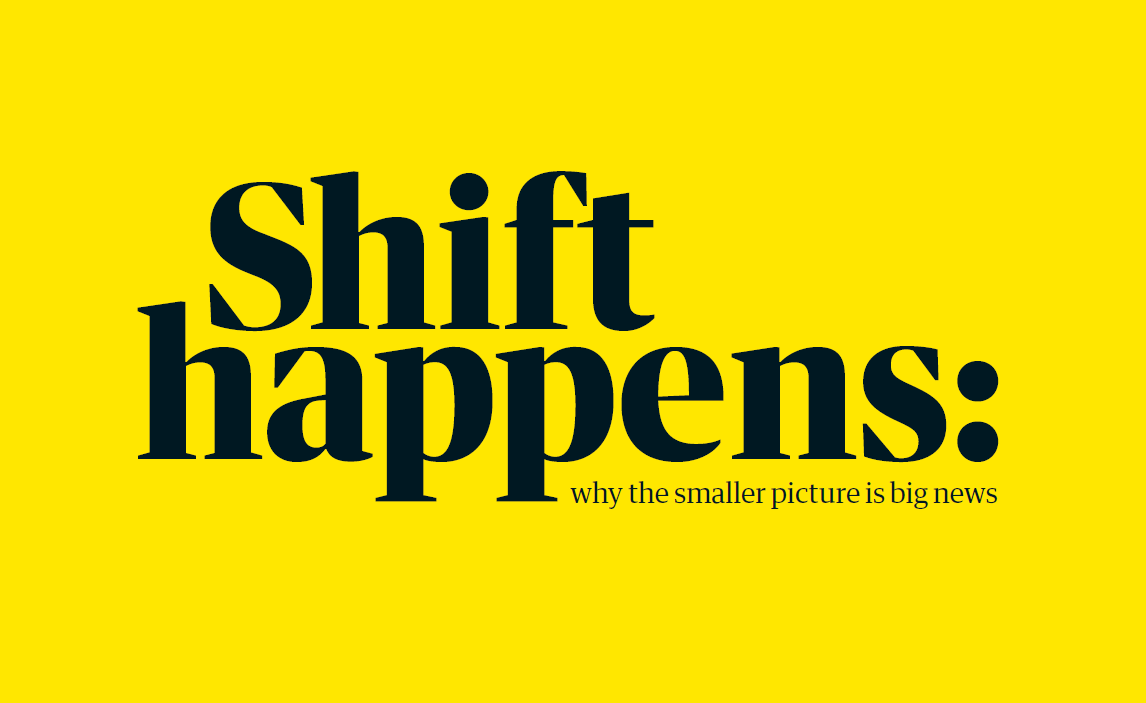It’s no surprise that the “world out there” has been tough on all of us. Recent events have taken their toll on the nation, leaving us all feeling a little bit “meh”. We’re still processing the changes in the world around us and so there’s a real sense of exhaustion: individually, collectively & culturally.
The Guardian came to us as they wanted to really get under the skin of Guardian readers and the public in general, to understand how they are navigating happiness in the face of difficult times.
Our approach involved 3 key elements:
- Self-ethnography to give a window into participants’ lives, capturing the little moments of joy – whether that was jumping into an ice-bath or simply taking the dog for a walk!
- Individual depth interviews to get a more detailed picture of our participants’ outlook on life and how they’ve reacted to the big changes facing them
- A large-scale quantitative survey where we captured over 7,000 different activities that people are engaging in, diving into their underlying motivations and needs.
What we uncovered was a nation that is nationally pessimistic but personally optimistic.
70% of people felt like “we’ve lived through collective trauma” but the same number agree that there are “some things I can’t spend time worrying about”.
But there’s a story of hope, resilience and optimism! Brits taking happiness and fulfilment into their own hands:
- They’re separating their personal life from the wider world – while people expect the world to get worse, they think their personal life will get better so that’s where their focus is.
- They’re also putting themselves first more (#maincharacterenergy) – focusing on living well, and worrying less about what they can’t control.
- And they’re prioritising pleasure,finding joy in small, everyday moments. Those moments range from reframing the more mundane (e.g. having a ‘fake commute’ at the end of every day) to the more extreme (e.g. naked forest bathing) and everything in between!
While we could talk about the fascinating findings from this study for ever, we’ll stop here but you can find out much more through the Guardian’s website here, and download the full report.
You can also catch Tapestry’s very own Vicki presenting it at this year’s &more Virtual Conference – there’s still time to sign up!


